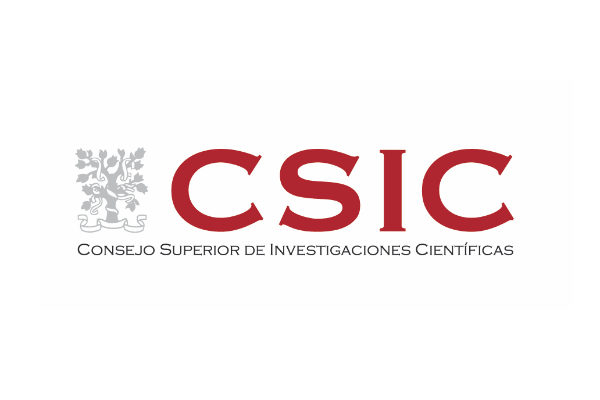Consortium
Aragon Hydrogen Foundation

The Aragon Hydrogen Foundation (FHA) is a private, not-for-profit entity, created to promote the use of hydrogen as an energy vector. It is promoted by the Government of Aragon and was founded in 2003 with the support of the administration, the industry and the main actors of the society from different sectors of activity. It is supported by a board of trustees made up of more than 70 entities of special interest for the Aragonese economy.
Its prime mission is to carry out the organisation, planning, management and execution of a wide range of actions related to the development and implementation of hydrogen technologies.
FHA team lead by Dr. Gil will be in charge of the proof-of-concept validation by the evaluation the cascade reactor under different operation conditions. Life Cycle Assessment and dissemination and exploitation activities will be also part of our activities as coordinators

Dr. Vanesa Gil
Dr. Vanesa Gil, ARAID Senior Researcher and Head of R&D Department at FHA is responsible for bringing novel and disruptive technologies from components research to full integration, addressing proof-of-concepts (TRL 3) and validation at pilot scale and relevant environment (TRL 4-5).
Dr. Gil scientific career is focused on optimizing energy conversion and storage technologies from low to high temperature. Research areas of interest are production of alternative fuels (including hydrogen), renewable fuels applications and H2 injection into gas grid.
Dr. Vanesa Gil is the overall scientific coordinator of 4AirCRAFT. As a material scientist she will oversee the electrochemical, nanocatalyst and advanced materials improvements along the cascade reactor design and manufacturing.
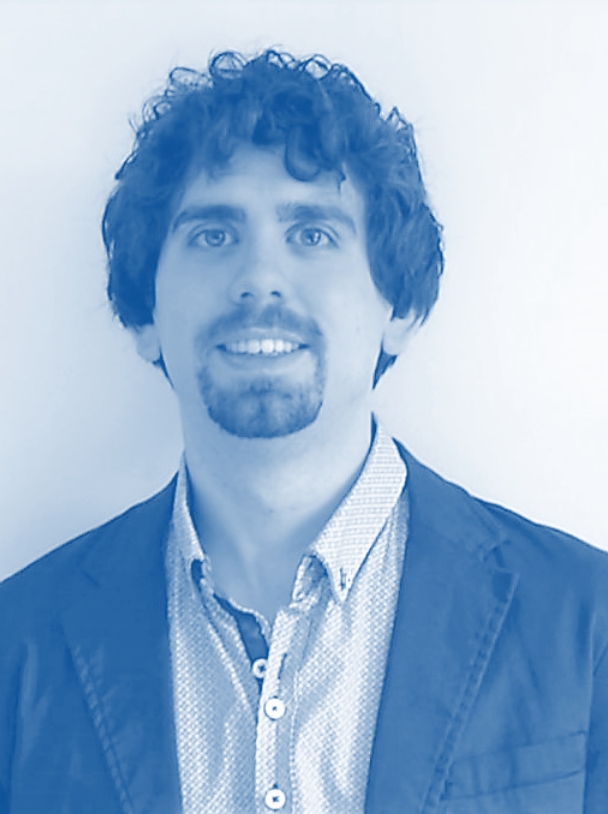
Dr. Javier Sánchez-Laínez
Dr. Javier Sánchez-Laínez, researcher engineer at Aragon Hydrogen Foundation is a key member of Gil’s team. He possesses extensive background in metal-organic materials chemistry and materials synthesis and functionalisation. Additionally, he holds an award as the best doctoral thesis in CO2 capture technologies from PTE CO2 (Spain).
Hokkaido University
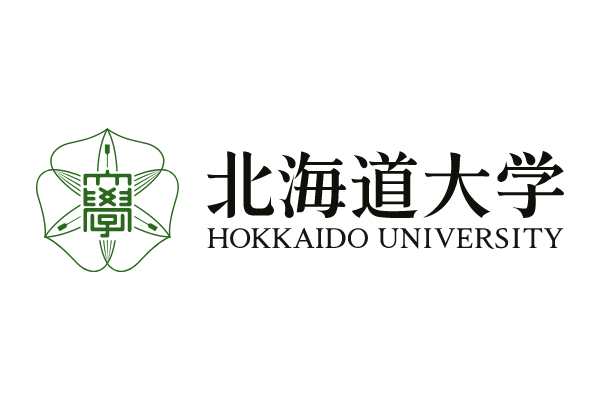
Hokkaido University (HOKUDAI) is a leading comprehensive university that places importance on its graduate schools. We have declared and cultivated our basic philosophies of education and research, namely the “Frontier Spirit,” “Global Perspectives,” “All-round Education” and “Practical Learning.” The laboratory of Inorganic Synthesis Chemistry of Hokkaido University, below the Faculty of Engineering, aims to create high-performance ceramics that can contribute to solving environmental and energy problems. Liquid-phase syntheses are used to prepare inorganic and hybrid materials such as fine particles, thin films, composites, and glass and develop diverse functionalities.
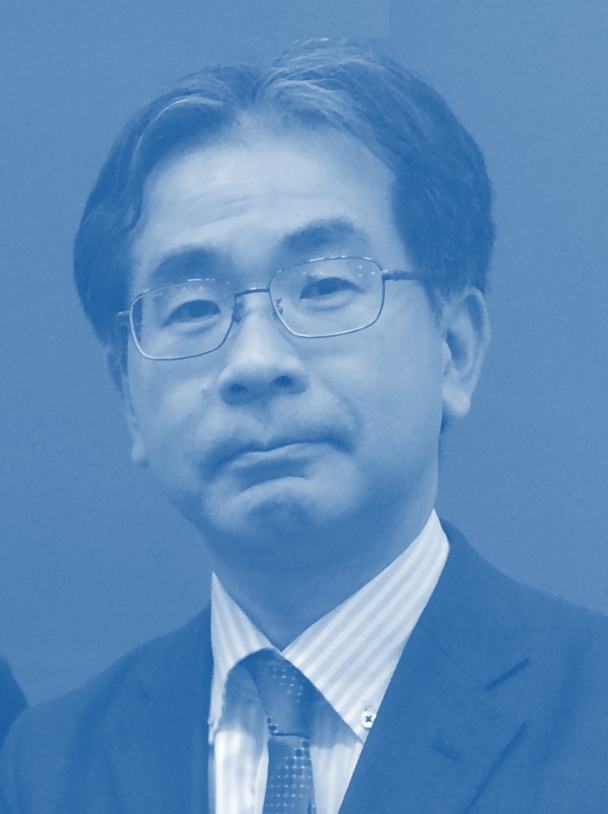
Prof. Dr. Kiyoharu Tadanaga
Prof. Dr. Kiyoharu Tadanaga is a Professor of Inorganic Synthesis Chemistry Laboratory in Hokkaido University. Tadanaga`s expertise is preparation of functional inorganic materials using solution processes, and developed materials for optical, electronical, and electrochemical devices.
He has been studying polymer electrolyte-type fuel cells using organic-inorganic hybrid proton conductors, and alkaline-type fuel cells using inorganic hydroxide-ion conductive materials. He has also developed oxygen-reduction reaction (ORR) or oxygen-evolution reaction (OER) catalysts based of layered double hydroxides (LDHs) that can be used for fuel cells and metal-air batteries, and electrochemical oxygen separation.
Prof. Tadanaga is leading the work package focused on the development and characterization of novel catalyst.
Prof. Tadanaga’s group will be in charge of developing novel electrocatalyst for the 4AirCRAFT disruptive reactor technology.

Dr. Nataly Carolina Rosero-Navarro
Dr. Nataly Carolina Rosero-Navarro, Assistant Professor at the Hokkaido University and key member of Tadanaga research group is co-leader of workpackage. She has implemented novel soft chemical routes to prepare protonic hybrid membranes, sulfide and oxide solid electrolytes, materials for electrode/electrolyte interfaces and composites electrodes for all-solid-state batteries and, electrocatalysts for fuel cells and metal-air batteries providing new insights and concepts for the improvement of energy generation and storages.
Her long-term goal includes the design and synthesis of inorganic and hybrid materials for the next “green” energy generation and storage.
BC Materials

The Basque Centre on Materials, Applications and Nanostructures (BCM) is an autonomous research centre launched in June 2012 as a strategic initiative of Ikerbasque, the Basque Foundation for Science, and the University of the Basque Country (UPV/EHU), one of the largest Spanish Universities. It belongs to the Basque Excellence Research Centres (BERC) network and its mission is to generate knowledge on the new generation of materials, turning this knowledge into (multi) functional solutions and devices for the benefit of society. BCM covers all aspects from the study from fundamentals of new materials to their applicability in different fields: (i) Active and smart materials, (ii) Advanced functional materials, (iii) Functional surfaces and coatings, (iv) Micro and nano-devices and (v) Nanostructured materials.
BCM develop, evaluate, understand and implement materials for sensors and actuators which are critical for the internet of Things and Industry 4.0. Additionally, BCM research on materials for advanced biological and biomedical applications and materials for energy storage and generation, among others, paradigms fields that are shaping modern technological drives.
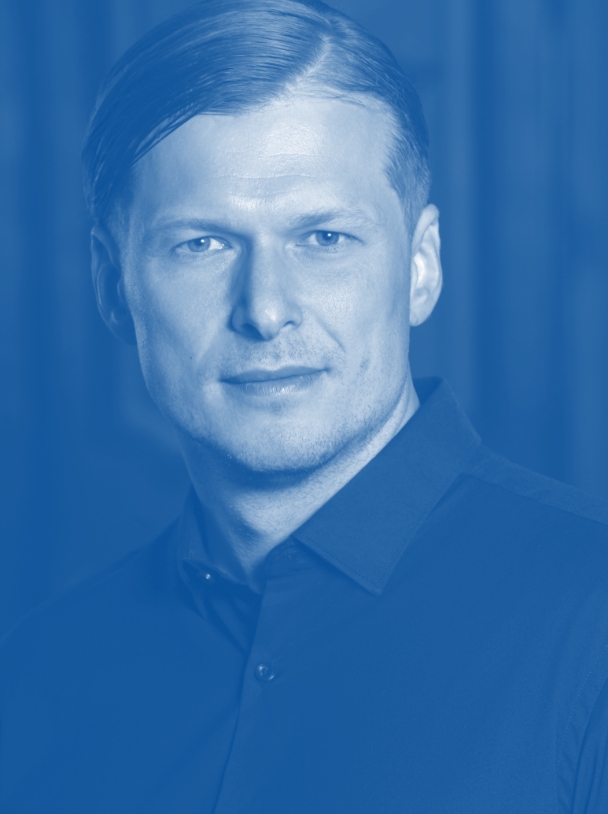
Prof. Dr. Stefan Wuttke
Prof. Dr. Stefan Wuttke is Ikerbasque Professor researcher at BCM. He is interested on aspects of internal and external surface engineering of porous hybrid bulk- and nanomaterials and in the exploitation of the unexpressed potential of "the materials beyond" (materials with multiple functional moieties that display synergetic effects). His research is focused on the synthesis and characterization of multifunctional colloidal metal-organic framework (MOF) nanoparticles as powerful therapeutic and/or diagnostic agents in areas such as drug delivery and medical imaging.
Prof. Wuttke leads the work package focused on the development of advanced catalyst carriers. His group will deal with the development of MOFs as advanced catalyst carriers. MOFs will be encoded with diverse catalytic activities and will be used to encapsulate inorganic and biocatalysts in order to increase their catalytic robustness under harsh conditions. The precise control over the pore space of the MOFs (i.e. size, shape and surface chemistry) offers uncountable opportunities to shield the core catalysts and even create synergistic interactions that will be explored within 4AirCRAFT.
wuttkescience.com
Dr. Roberto Fernández
Dr. Roberto Fernández de Luis, research associate at BCM and key member of Prof. Wuttke’s group, focuses his activity on the development of metal-organic frameworks as environmental monitoring, separation and remediation systems.
Bielefeld University

Bielefeld University (UBI) was founded in 1969 with an explicit research assignment and a mission to provide high-quality research-oriented teaching. Today it encompasses 14 faculties covering a broad spectrum of disciplines in e.g., natural sciences, and technology. The research group Industrial Organic Chemistry and Biotechnology is headed by Prof. Dr. Harald Gröger and belongs to the Faculty of Chemistry. His major core expertise is catalysis, in particular bio- and chemocatalysis and in his group a major focus is on the application of enzymes as valuable and environmentally friendly catalysts in organic chemistry.
Besides process design of biotransformations, the combination of chemo- and biocatalysis and the development of corresponding multi-step one-pot bioprocesses are key areas of expertise as well as the development of technically feasible greener routes to industrial chemicals including high-pressure technologies (such as hydroformylation), batch and flow process engineering, and process design. A major part of the research is conducted jointly with industrial partners from the chemical and pharmaceutical industry, and since a few years a range of industrial projects are also related to the use of biorenewables.
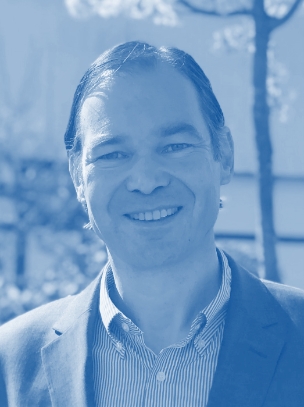
Prof. Dr. Harald Gröger
Prof. Dr. Gröger leads work package dealing with the development of suitable biocatalysts and their use in efficient biotransformation processes as well as the combination of such enzymes with chemocatalytic reactions towards an efficient conversion of carbon dioxide into air fuels.
home.uni-bielefeld.de/HG/Consejo Superior de Investigaciones Científicas
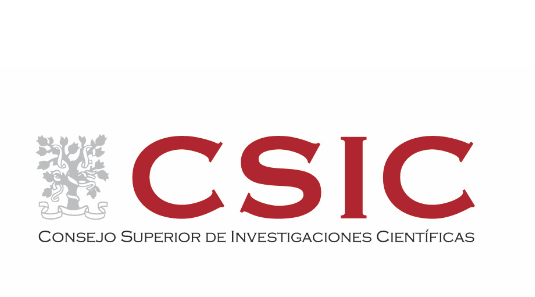
The Agencia Estatal Consejo Superior de Investigaciones Científicas (CSIC) is the largest public research organisation in Spain and the third one in Europe. CSIC foster multidisciplinary scientific and technological research through 120 institutes, carrying out thousand projects including transfer knowledge to society and industrial large and small customers. CSIC produces 20% of the Spanish scientific output and remains the leading patent filer among research bodies.
CSIC is a major player in the development of the ERA and, therefore, a significant contributor to the European integration process and is also an active member in Knowledge and Innovation Communities of the EIT, such as KIC Raw Materials and KIC Food.
CSIC’s participation in this project will be through two institutions: Instituto de Nanociencia y Materiales de Aragón (INMA) and the Instituto de Cerámica y Vidrio (ICV).


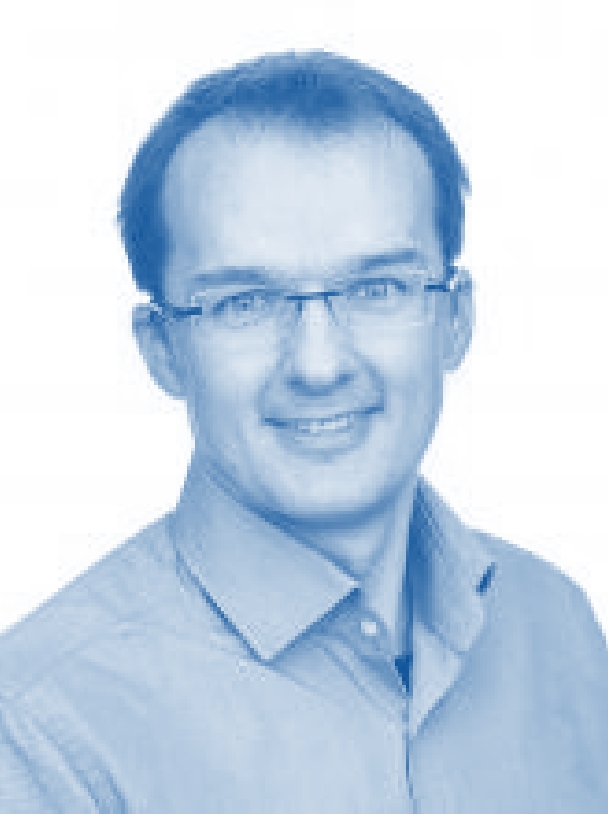
Dr. Jonas Gurauskis
Dr. Jonas Gurauskis ARAID Senior Researcher at Instituto de Nanociencia y Materiales de Aragón (INMA) is the principal investigator from CSIC. Jonas Gurauskis has extended background in processing hierarchical structures, advanced manufacturing and scaling-up of functional materials (solid oxide materials, inorganic/organic hybrid compounds).
Key technology areas within high and low temperature energy conversion devices and biotechnology field are membrane reactors, fuel cells, microbial systems, etc. Dr. Gurauskis leads work package focused on the validation of the novel technology, including the rational design and assembly of the game-changer cascade reactor.
Advanced catalyst carriers will be designed and developed by Gurauskis’ group with the most promising electro-, bio- and chemo-catalyst and sized to form continuous cascade reactor.
inma.unizar-csic.es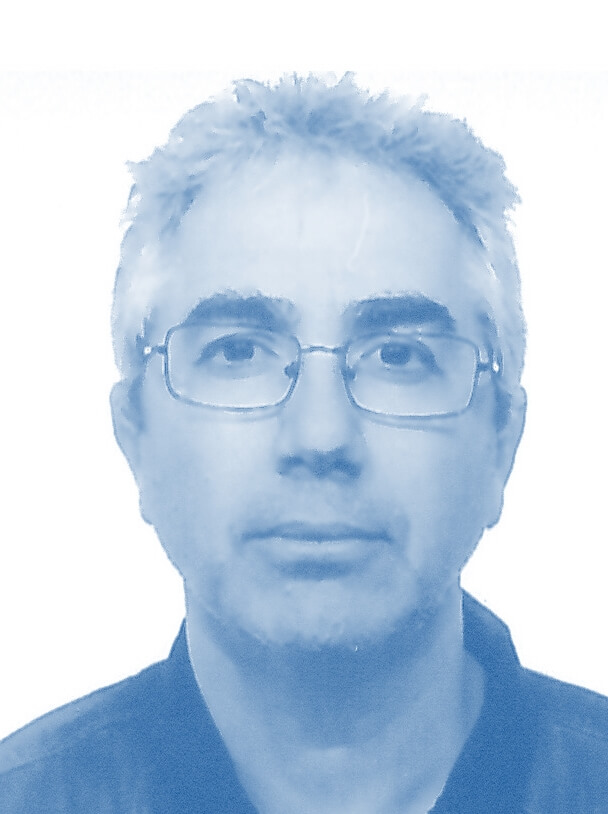
Dr. Mario Aparicio
Dr. Mario Aparicio (see picture) is senior scientist at ICV. He has considerable experience in the design, processing (wet-soft chemistry) and characterisation of inorganic and inorganic-organic hybrid materials for Proton Exchange membranes fuel cells (PEMFC), metal-ion batteries, metal-air batteries and corrosion protection of metals.
Dr. Aparicio’s group will contribute in 4AirCRAFT to the development by wet-soft chemistry of advanced electrocatalyst.
icv.csic.esUniversity of Helsinki
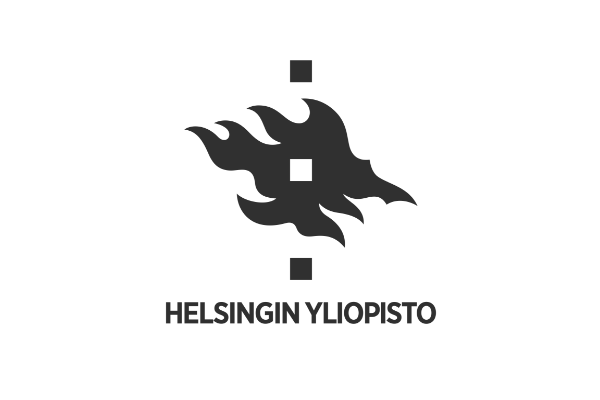
The Department of Chemistry is the leading hub of chemistry teaching and research in Finland covering all aspects from basic chemistry research (synthesis, understanding and characterization) to material applications (utilization in electronics, functional materials and everyday consumables). The research carried out at the department is highly valued internationally, and it is divided into three research programmes: Materials Chemistry, Molecular Science, and Synthesis and Analysis. In addition, the department houses the Finnish Institute for Verification of the Chemical Weapons Convention, VERIFIN, and Chemistry Teacher Education.
Materials Chemistry is an interdisciplinary research program of the Department of Chemistry compiling research on organic, inorganic, polymer and structural chemistry. Chemical Synthesis and Analysis centres on the development of modern synthetic methods and analytical techniques for a broad spectrum of important topics including fine chemicals, pharmaceuticals, novel materials, lignocellulose biomass, and environmental and bioanalytical sciences. Besides research projects carried out by the program alone, there is considerable co-operation with industry and external research institutes. In all our research projects, green chemistry approaches and sustainability are taken into consideration.
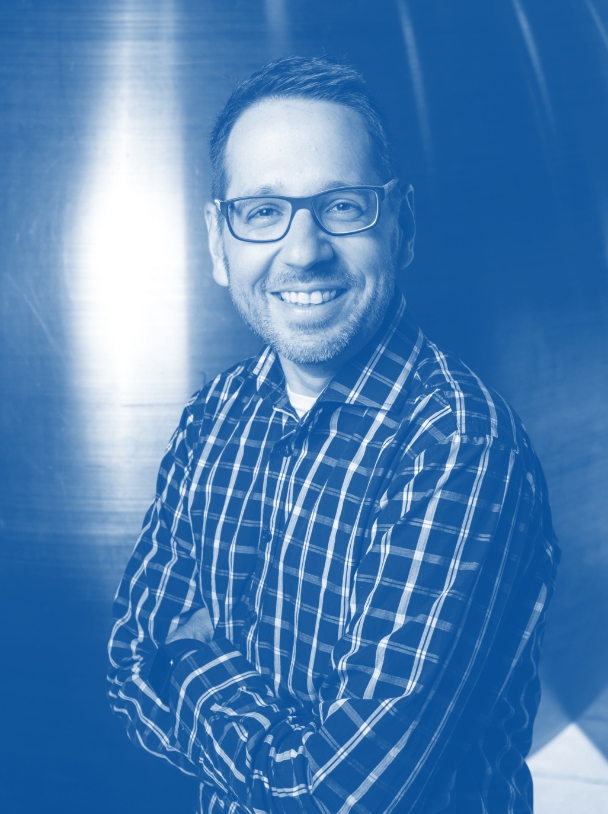
Prof. Dr. Pedro Camargo
Prof. Dr. Pedro Camargo is professor at the University of Helsinki, Department of Chemistry. His research interests include the synthesis of nanomaterials for nanocatalysis and plasmonic nanocatalysis. Camargo’s team is working towards the development of rational design of inorganic nanocatalysts for the synthesis of long-chain hydrocarbons.
Camargo leads the research activities dealing with the design-driven development of nano chemo-catalysts with controlled physical and chemical features such as size, shape, surface composition enabling the optimization of performance, but also unravel structure-performance relationships.
pedrocamargo.weebly.comUniversity of Antwerp

The University of Antwerp is a young university. In the 2020 editions of the “Top 50 Universities Under 50 years” it ranks 18th. The University has over 1850 PhD students and around 680 tenured professors. It produces over 3600 peer reviewed scientific publications per‐ year. The European Commission has awarded the University the “HR Excellence in Research” quality label.
The participating research group is EMAT (Electron Microscopy for Materials Science), the members of which acquired several ERC (3 starting, 2 consolidator, 1 advanced, 1 POC) for electron microscopy related research. The EMAT team consists of 9 academic staff members, more than 20 postdocs and 30 PhD students and 10 administrative and technical members.
Being one of the most dynamically growing electron microscopy centres in the world, EMAT participates in many large collaborative projects on both national and European levels.
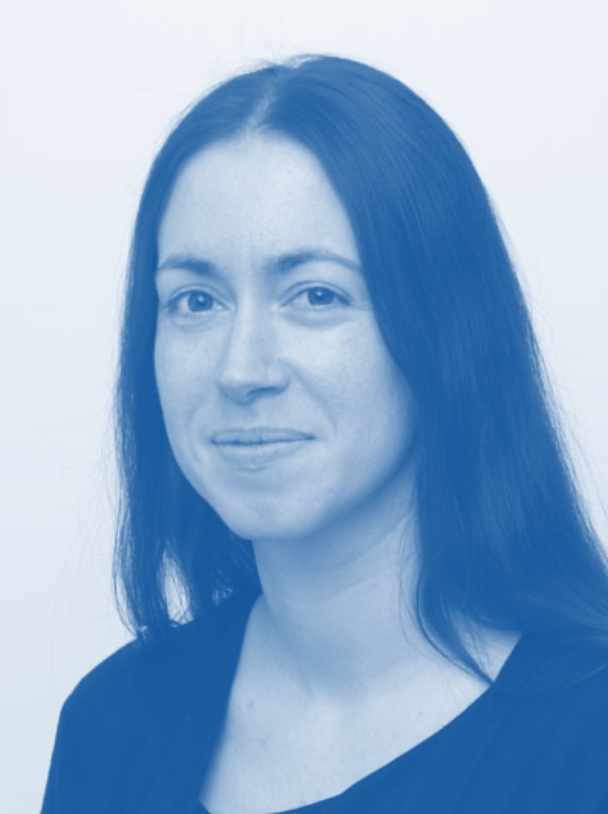
Prof. Dr. Joke Hadermann
Prof. Dr. Joke Hadermann is a Physics professor from the EMAT group with expertise in TEM, including advanced imaging techniques and 3D-ED.
Her main interests include the evolution of crystal structures during electrochemical and gas-solid reactions. EMAT’s role in the project is to reveal crystallographic, morphological and compositional information on the materials using ex situ and in situ transmission electron microscopy (TEM).

Dr. Stefano Canossa
Stefano Canossa has been involved in the project since its conception and joined the consortium as Univ. Antwerpen staff. In January 2022 he moved to the Max Planck Institute for Solid State Research (Germany) as postdoctoral researcher. His research focuses on crystal and local structure analysis of MOFs and COFs by single-crystal X-ray and electron diffraction.
University of Turin

The University of Turin (UniTO) is one of the largest Italian Universities. With reference to the most recent national evaluation of the Italian university system (VQR 2011-2014), UniTO is ranked in the top three Italian universities in nine scientific areas out of 16 and according to the most recent ARWU international ranking, UniTO is among the top 300 universities out of 1.200, ranking as the 4th university in Italy.
UniTO manages roughly 500 research projects per year, both at the national and international level, 124 of them have been founded under H2020. The members of the Department of Chemistry of UniTO are involved in 20 EU projects, 6 international projects and 80 national projects.
UniTO participants are also members of the interdepartmental centre NIS (Nanostructured Interfaces and Surfaces) which operates in the field of nanotechnologies of surfaces and interfaces, with a special focus on energy, sustainability and environment.
They have gained over many years a deep experience in the understanding, on both experimental and theoretical grounds, of the interaction between atoms and/or molecules with the external and internal surfaces of porous materials (mainly MOFs and zeolites) for catalytic, absorptive and separation purposes.
UNITO`s role in the project consists in the characterization and study of the catalytic active sites of the inorganic nano-catalysts, heterogenized biocatalysts and functionalized catalyst carriers.
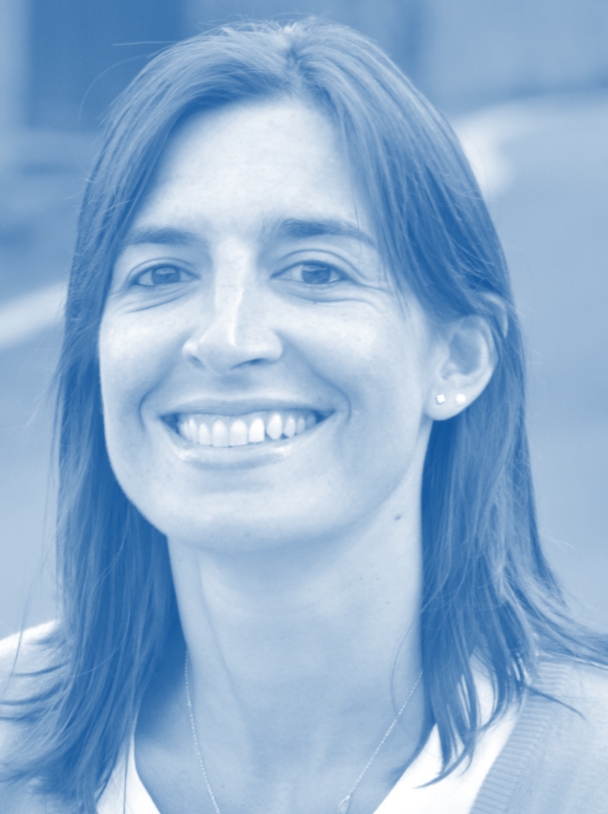
Dr. Francesca Carla Bonino
Dr. Francesca Carla Bonino, Associate Professor in Physical Chemistry in UNITO is an expert in spectroscopic characterization of porous materials (zeolites and MOFs) in different in situ and operando conditions (in presence of both gas and liquids).
nis.unito.itUniversity of São Paulo
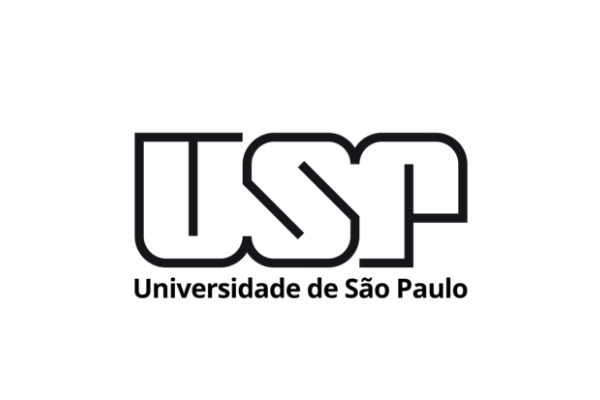
Universidade de São Paulo (USP) is a public university, maintained by the State of São Paulo. Currently, USP is responsible for more than 20% of all scientific production in Brazil (in terms of both scientific articles published in international journals and granted Ph.D.’s).
It is the top-ranked Brazilian research university. Escola Politécnica (POLI-USP) is the school/faculty of engineering of USP main campus in São Paulo city.
The Research Centre for Greenhouse Gas Innovation (RCGI), based on POLI-USP, is a multidisciplinary centre for research and innovation on the sustainable use of natural gas, biogas, hydrogen and the management, transport, storage and conversion of greenhouse gases on a global scale.
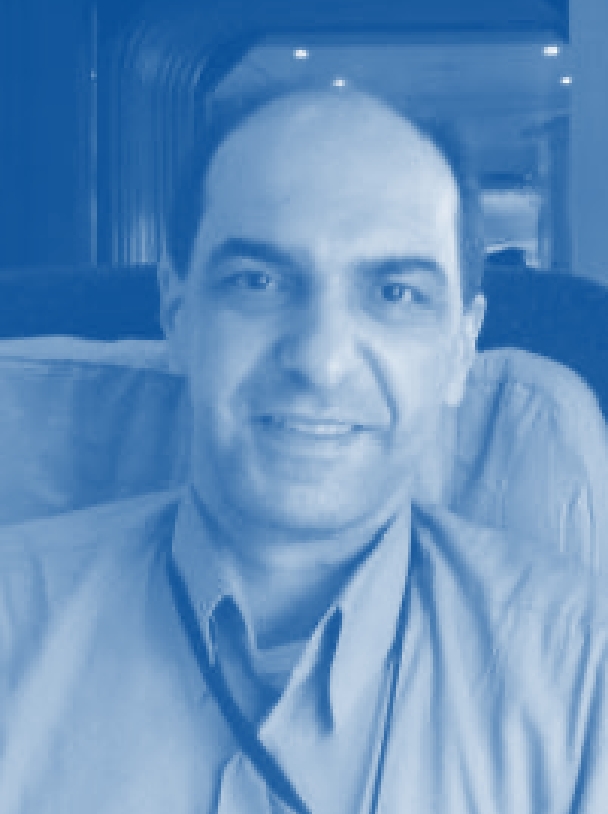
Prof. Dr. Reinaldo Giudici
Prof. Dr. Reinaldo Giudici is Full Professor at the Polytechnic School of the University of São Paulo (POLI-USP) and currently also deputy director of POLI-USP. He holds a Senior Researcher Fellowship (level 1A) of the National Council of Technological and Scientific Development (CNPq).
His main research interests are: chemical reaction engineering, polymer reaction engineering, kinetics, mathematical modeling, simulation and optimization of chemical processes, online monitoring of chemical processes.
Prof. Giudici’s research group as a member of Research Centre for Gas innovation (RCGI) leads the characterization and performance evaluation of catalysts as well as kinetic modelling of the processes and simulation of integrated/intensified processes.
poli.usp.br rcgi.poli.usp.br
